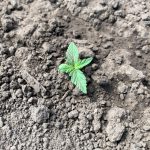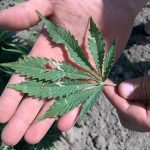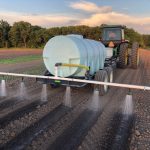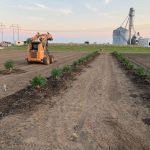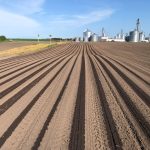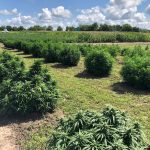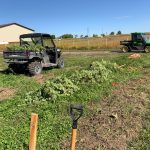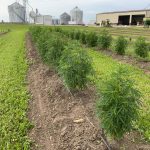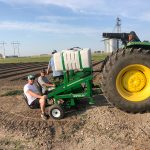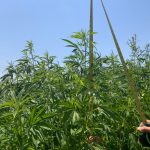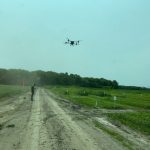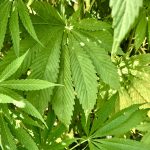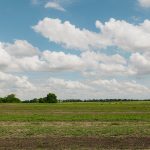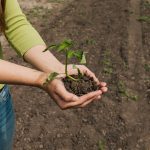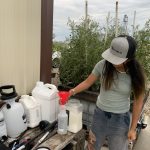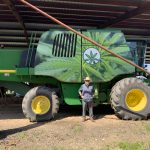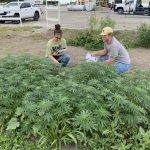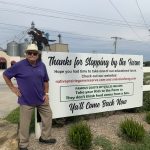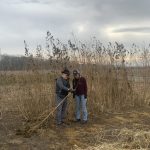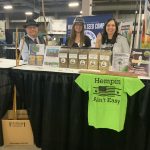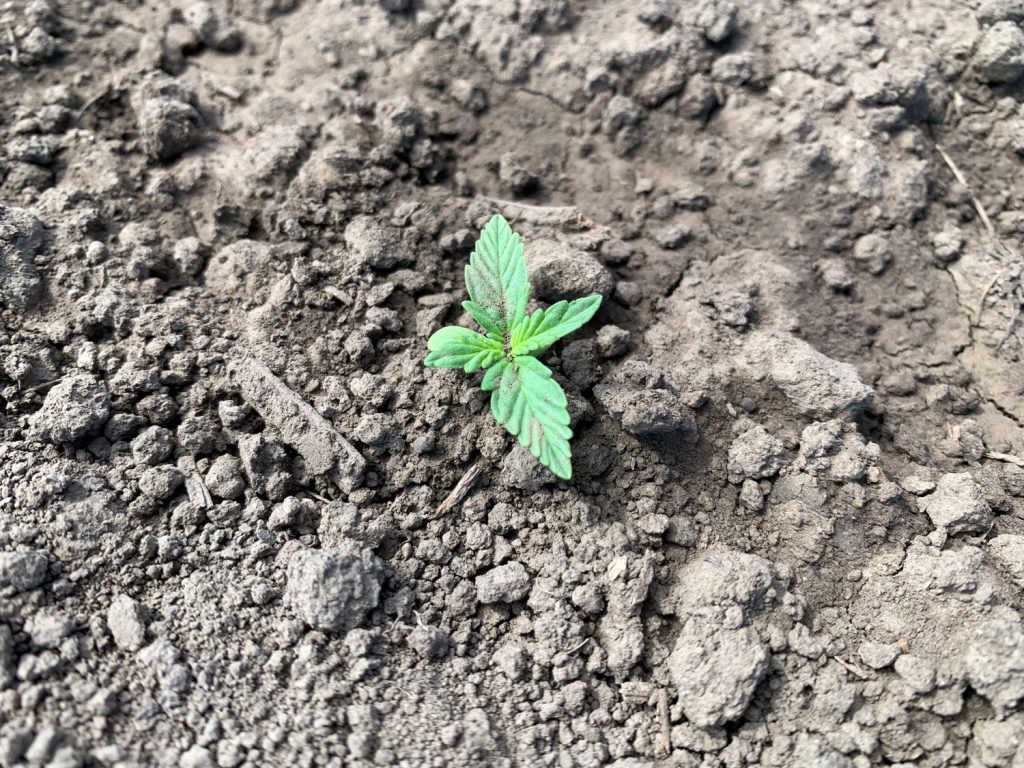Our team has been working in agricultural research since the mid-2000’s – long before hemp became federally legal in 2018. Prior to introducing hemp, we specialized in research of traditional row crops – corn, soybeans, wheat, and other grain and cereal crops. We have studied genetics, fertility products, farming practices, farm profitability, and more.
One of our specialties in agricultural research over the last decade has been high-yielding research. We have worked tirelessly to learn what genetics, products, and practices most influence yield, all with the goal of helping farmers be more profitable in their operations.
2018 Farm Bill – Industrial Hemp
Since the passing of the 2018 Farm Bill, we have worked vigorously to learn the ins and outs of hemp production in the Midwest. We planted our first hemp crop in the State of Missouri in 2019, and have learned a tremendous amount with each crop since then.
We have striven to take our approach from corn and soybean research and apply that to the hemp industry. Namely, we are focused on figuring out what works and what doesn’t work to produce a high-yielding profitable crop.
Since 2019, Native Prairie has been dedicated to cultivating and researching industrial hemp. We’re excited to share that this year we have been granted a USDA research license- being one of the first non-university receive this recognition.
Unlike most research in this field, our research is farmer-focused. We are working to develop Standard Operating Procedures (SOPs) and Return on Investments (ROIs) to support real world agricultural success. Our goal is to make hemp production not only sustainable, but truly profitable for farmers.
Our research also includes using hemp and other crops, such as sunflowers and mustard, for soil remediation and environmental benefit. Industrial hemp offers promising solutions for producing Eco-friendly alternatives to common goods, all while purifying the air through carbon sequestration. At Native Prairie, we are committed to unlocking the full potential of hemp- for farmers, soil, and for the planet.

